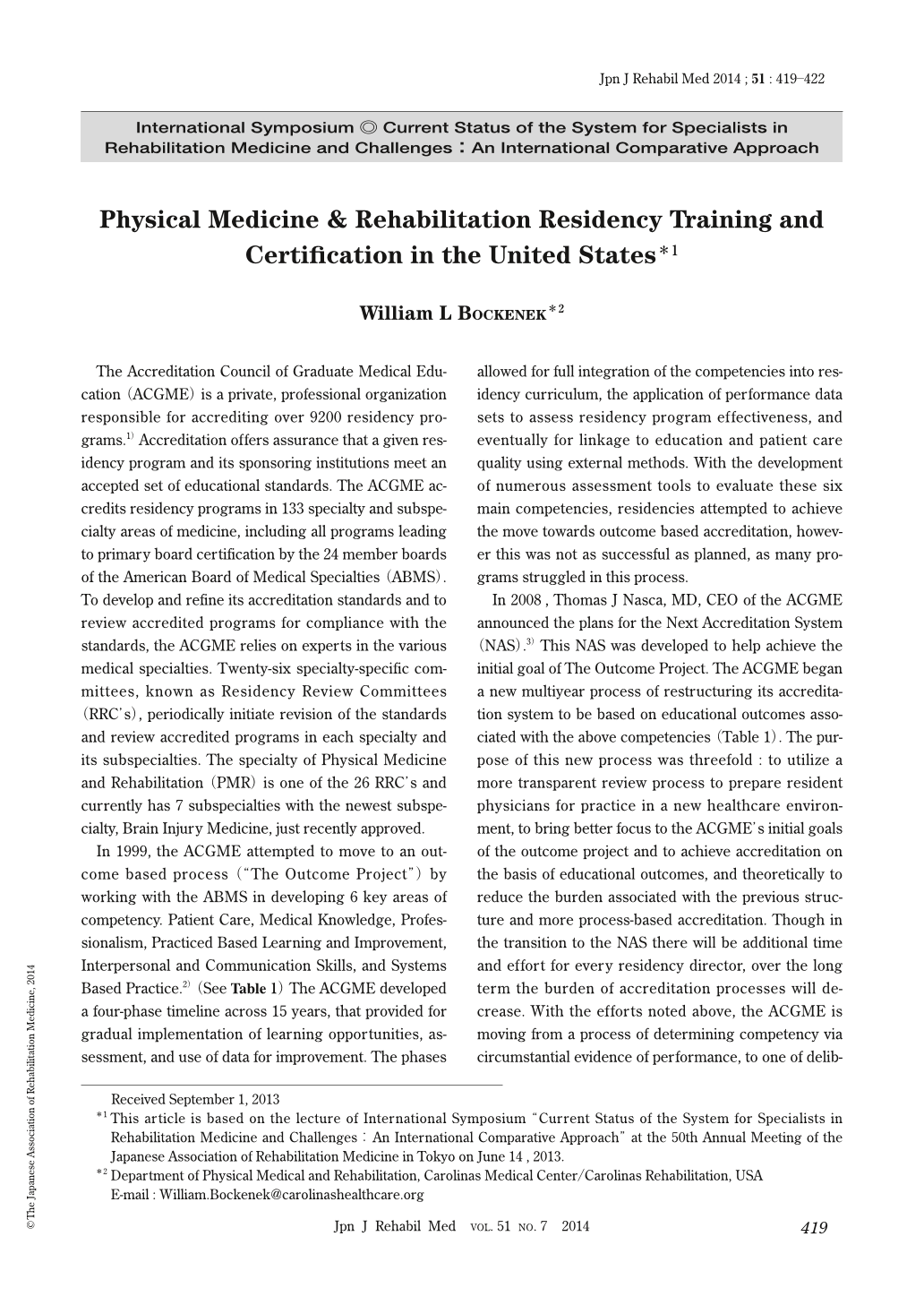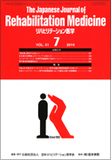Japanese
English
- 販売していません
- Abstract 文献概要
- 1ページ目 Look Inside
- 参考文献 Reference
The Accreditation Council of Graduate Medical Education (ACGME) is a private, professional organization responsible for accrediting over 9200 residency programs.1) Accreditation offers assurance that a given residency program and its sponsoring institutions meet an accepted set of educational standards. The ACGME accredits residency programs in 133 specialty and subspecialty areas of medicine, including all programs leading to primary board certification by the 24 member boards of the American Board of Medical Specialties (ABMS). To develop and refine its accreditation standards and to review accredited programs for compliance with the standards, the ACGME relies on experts in the various medical specialties. Twenty-six specialty-specific committees, known as Residency Review Committees (RRC's), periodically initiate revision of the standards and review accredited programs in each specialty and its subspecialties. The specialty of Physical Medicine and Rehabilitation (PMR) is one of the 26 RRC's and currently has 7 subspecialties with the newest subspecialty, Brain Injury Medicine, just recently approved.
In 1999, the ACGME attempted to move to an outcome based process (“The Outcome Project”) by working with the ABMS in developing 6 key areas of competency. Patient Care, Medical Knowledge, Professionalism, Practiced Based Learning and Improvement, Interpersonal and Communication Skills, and Systems Based Practice.2) (See Table 1) The ACGME developed a four-phase timeline across 15 years, that provided for gradual implementation of learning opportunities, assessment, and use of data for improvement. The phases allowed for full integration of the competencies into residency curriculum, the application of performance data sets to assess residency program effectiveness, and eventually for linkage to education and patient care quality using external methods. With the development of numerous assessment tools to evaluate these six main competencies, residencies attempted to achieve the move towards outcome based accreditation, however this was not as successful as planned, as many programs struggled in this process.
The Accreditation Council of Graduate Medical Education (ACGME) is a private, professional organization responsible for accrediting over 9200 residency programs.1) Accreditation offers assurance that a given residency program and its sponsoring institutions meet an accepted set of educational standards. The ACGME accredits residency programs in 133 specialty and subspecialty areas of medicine, including all programs leading to primary board certification by the 24 member boards of the American Board of Medical Specialties (ABMS). To develop and refine its accreditation standards and to review accredited programs for compliance with the standards, the ACGME relies on experts in the various medical specialties. Twenty-six specialty-specific committees, known as Residency Review Committees (RRC's), periodically initiate revision of the standards and review accredited programs in each specialty and its subspecialties. The specialty of Physical Medicine and Rehabilitation (PMR) is one of the 26 RRC's and currently has 7 subspecialties with the newest subspecialty, Brain Injury Medicine, just recently approved.
In 1999, the ACGME attempted to move to an outcome based process (“The Outcome Project”) by working with the ABMS in developing 6 key areas of competency. Patient Care, Medical Knowledge, Professionalism, Practiced Based Learning and Improvement, Interpersonal and Communication Skills, and Systems Based Practice.2) (See Table 1) The ACGME developed a four-phase timeline across 15 years, that provided for gradual implementation of learning opportunities, assessment, and use of data for improvement. The phases allowed for full integration of the competencies into residency curriculum, the application of performance data sets to assess residency program effectiveness, and eventually for linkage to education and patient care quality using external methods. With the development of numerous assessment tools to evaluate these six main competencies, residencies attempted to achieve the move towards outcome based accreditation, however this was not as successful as planned, as many programs struggled in this process.

Copyright © 2014, The Japanese Association of Rehabilitation Medicine. All rights reserved.


